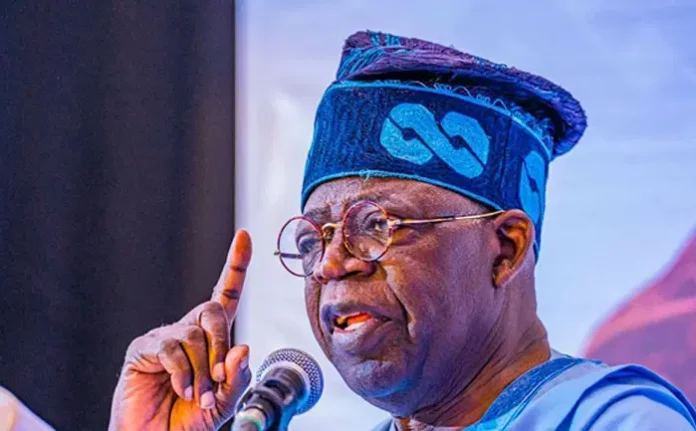In his national broadcast on October 1, 2025, President Bola Ahmed Tinubu marked Nigeria’s 65th Independence anniversary with a message of hope, reform, and renewed national purpose. He called on Nigerians to reflect on the country’s history, celebrate achievements, and join hands to complete the “unfinished business” of nationhood.
Tinubu began by honouring Nigeria’s founding fathers such as Nnamdi Azikiwe, Ahmadu Bello, Obafemi Awolowo, and others who envisioned a united, strong Nigeria that would lead Africa. He acknowledged the trials Nigeria has faced since Independence in 1960: civil war, military rule, political crises and social tensions.
Yet, he said, the nation has advanced in many areas. From 120 secondary schools at Independence to over 23,000 today, and only one university then to 274 now, the growth in education is among his proofs that “we have not strayed far from our founding dreams.” He also pointed to expansion in health care, infrastructure, telecommunications, and defence.
Upon taking office in May 2023, Tinubu said, his administration inherited an almost collapsed economy shaped by decades of misaligned policies. Faced with a choice, his government opted for bold reforms over the status quo. He highlighted major decisions: ending fuel subsidies, doing away with multiple exchange rates, and redirecting funds toward education, health, agriculture, and infrastructure.
He claimed the hard choices are beginning to yield results. In Q2 2025, Nigeria’s GDP grew by 4.23%, the highest rate in four years. Inflation fell to 20.12% in August, the lowest in three years. He said these signs show the economy is “recovering fast.”
Tinubu presented twelve economic milestones his administration has achieved, including:
Reaching over N20 trillion in non‑oil revenue by August 2025
Cutting debt service-to-revenue ratio from 97% to under 50%
Building foreign reserves to $42.03 billion
Raising tax-to-GDP ratio to 13.5%
Achieving trade surpluses over five quarters
Boosting oil production to 1.68 million barrels per day
Stabilizing the naira
Disbursing N330 billion to vulnerable households
Reviving coal mining and solid minerals
Expanding rail, road, airport and seaport infrastructure
Improving credit rating outlook and stock market performance
Cutting interest rates for the first time in five years
He also praised security agencies for battling terrorism, banditry, and insurgency, and said peace has returned to many liberated communities.
Addressing Nigeria’s youth, Tinubu said they are the nation’s greatest asset. He recounted programmes launched by his government: NELFUND, offering student loans to over 510,000 students; Credicorp, which made N30 billion in low‑cost loans available for solar, vehicles, homes, and devices; and YouthCred, now supporting NYSC members nationwide. He also mentioned iDICE, a new investment in digital and creative enterprises.
Tinubu admitted that reforms have caused pain — higher costs, inflation, and sacrifices. But he warned that the alternative economic collapse was worse. He urged citizens not just to expect change, but to be a part of it: to pay taxes, build industries, farm the land, and support local produce.
In closing, he invited all levels of government — federal, states, local and every citizen to join hands. “Let us believe again in the boundless potential of our great nation,” he said, wishing the country a happy 65th Independence Day.

